If you’ve ever experienced the throbbing agony of a toothache or the debilitating pain of a migraine, you know that finding fast relief becomes your top priority. In Kenya, these two conditions are among the most common reasons people rush to their local chemist or search desperately for home remedies. Whether you’re in Nairobi with easy access to pharmacies or in a rural area where the nearest dental clinic is hours away, knowing your options for pain relief can make all the difference.
This comprehensive guide covers everything from traditional Kenyan remedies to modern pharmaceutical solutions, helping you understand when self-care is appropriate and when it’s time to seek professional medical help.
Understanding Everyday Pain in Kenya
Why Toothaches and Migraines Are So Common
Toothaches and migraines top the list of pain complaints across Kenya for different reasons. Dental pain often stems from untreated cavities, gum disease, or infections, conditions that can develop when regular dental check-ups aren’t accessible or affordable. Migraines, on the other hand, affect millions of Kenyans and can be triggered by stress, dehydration, weather changes, or even certain foods.
The Two-Pronged Approach to Pain Relief
Effective pain management requires both immediate symptom relief and addressing the root cause. That painkiller from the chemist might stop your toothache for a few hours, but if there’s an underlying infection or cavity, the pain will return. Similarly, while medication can abort a migraine attack, understanding and avoiding your triggers is crucial for long-term management.
Knowing Your Limits: Self-Care vs. Professional Care
Over-the-counter medicines and home remedies are valuable tools for managing pain, but they have limits. This guide will help you recognize when temporary self-care is sufficient and when your symptoms demand urgent professional attention. Understanding these boundaries could literally save your life.
First Line Relief: Home Remedies for Toothache
In many parts of Kenya, especially rural areas, getting to a dental clinic isn’t always immediate. Traditional remedies provide crucial temporary relief while you arrange proper dental care.
Warm Salt Water Rinse: The Universal First Step
This simple remedy is recommended by dentists worldwide for good reason. Salt acts as a natural disinfectant, helping reduce swelling and draw out infection. Mix half a teaspoon of salt in a glass of warm water (sio moto sana, not too hot) and swish it around your mouth for 30 seconds, focusing on the painful area. Repeat every few hours.
Salt water rinses are safe, cost nothing, and provide gentle relief without side effects. They also help clean out food particles that might be aggravating the pain.
Clove Oil: Nature’s Powerful Anesthetic
Cloves contain eugenol, a potent natural anesthetic that has been used for centuries in dental care. You can apply a few drops of clove oil directly onto the painful tooth or gum using a clean cotton swab. Alternatively, place a whole clove bud near the affected tooth and gently bite down to release the oil.
The numbing effect is often immediate and remarkably powerful. However, use clove oil sparingly as too much can irritate your gums or tongue.
Garlic (Kitunguu Saumu): Antibacterial Powerhouse
Garlic’s strong antibacterial properties make it a popular toothache remedy across Kenya. Crush a small piece of fresh garlic with a tiny bit of salt to create a paste, then apply it directly to the affected tooth or gum. The antimicrobial compounds in garlic can help fight infection while providing some pain relief.
Be warned: it burns slightly and the taste is strong, but many Kenyans swear by its effectiveness.
Cold Compress: Reducing Swelling and Numbing Pain
If your toothache is accompanied by facial swelling, a cold compress is your friend. Wrap a bag of ice or a cold pack in a clean towel and hold it against your cheek for 15 to 20 minutes at a time. The cold constricts blood vessels, reducing inflammation and numbing the pain from the outside.
This method is particularly useful at night when dental clinics are closed and you need relief to sleep.
Over-the-Counter Medicines for Toothache Relief
When home remedies aren’t enough, Kenya’s pharmacies offer several effective options for dental pain.
Paracetamol (Panadol)
Paracetamol is safe, widely available, and effective for mild to moderate toothache. Brand names like Panadol are household names across Kenya. It reduces pain and fever but has no anti-inflammatory action, meaning it won’t help with swelling.
Dosage: Adults can take 500mg to 1000mg every 4 to 6 hours, not exceeding 4000mg in 24 hours.
Ibuprofen: The Anti-Inflammatory Choice
For toothache, ibuprofen is often more effective than paracetamol because dental pain usually involves inflammation. Brands like Nurofen and Brufen are readily available. Ibuprofen reduces pain, fever, and inflammation simultaneously.
Dosage: Adults typically take 400mg every 6 to 8 hours with food, not exceeding 1200mg daily without medical advice.
Combination Therapy
Many dentists recommend alternating paracetamol and ibuprofen for severe toothache, as they work through different mechanisms. This approach can provide better pain control than either drug alone. However, always follow dosing guidelines carefully to avoid taking too much.
Topical Dental Gels
Products containing benzocaine or lidocaine provide temporary numbing relief when applied directly to the painful area. These are available at most chemists and work quickly, though the effect is short-lived.
Migraine Treatments: Acting Fast for Best Results
Unlike ordinary headaches, migraines require swift action at the very first sign of an attack. The earlier you treat a migraine, the more effective your treatment will be.
Understanding Migraine Warning Signs
Many people experience an “aura” before a migraine: visual disturbances like flashing lights, zigzag patterns, or temporary blind spots. Others notice mood changes, neck stiffness, or increased thirst. Learning to recognize your personal warning signs allows you to treat the migraine before the severe pain sets in.
Over-the-Counter Options for Migraines
Paracetamol (Panadol)
For mild migraines, paracetamol can be effective, especially if taken early. Common brands include Panadol and generic paracetamol tablets. While generally safe, paracetamol alone may not be strong enough for moderate to severe migraines.
Ibuprofen: The Anti-Inflammatory Approach
Ibuprofen is highly effective for migraines due to its anti-inflammatory properties. Nurofen offers specialized migraine formulations that are designed for faster absorption. The anti-inflammatory action helps reduce the swelling of blood vessels in the brain that contributes to migraine pain.
Take 400mg to 600mg at the first sign of a migraine, with food.
Naproxen: Long-Acting Relief
Naproxen (brands like Naprosyn) is another NSAID that provides longer-lasting relief than ibuprofen. A single dose can provide up to 12 hours of pain relief, making it useful for migraines that tend to last all day. It’s available over the counter in lower doses.
Combination Products: Enhanced Effectiveness
Look for products that combine paracetamol with caffeine. Caffeine enhances the pain-relieving effects of paracetamol and helps your body absorb it faster. Some formulations also include a mild sedative to help you rest through the migraine.
Popular combination products are available at most Kenyan pharmacies. Always read the label to understand what you’re taking.
Prescription Treatments for Severe Migraines
If over-the-counter options aren’t controlling your migraines, it’s time to see a doctor about prescription treatments.
Triptans: Migraine-Specific Medications
Triptans are prescription drugs specifically designed to stop migraine attacks. They work by constricting blood vessels in the brain and blocking pain pathways. Sumatriptan (brand name Sumafix in Kenya) is the most commonly prescribed triptan.
Triptans are most effective when taken at the first sign of a migraine. They come in tablet form, nasal sprays, and injections. Your doctor will determine which formulation is best for your needs.
Preventative Medications
If you suffer from frequent migraines (more than four per month), your doctor may prescribe daily preventative medication. These might include beta-blockers, certain anti-seizure drugs, or even some antidepressants. The goal is to reduce the frequency and severity of attacks, not to treat individual migraines.
NSAIDs Explained: Your Most Powerful OTC Option
Non-Steroidal Anti-Inflammatory Drugs (NSAIDs) are crucial for managing both toothache and migraine pain in Kenya. Understanding the differences between them helps you make informed choices.
Comparing Common NSAIDs Available in Kenya
Ibuprofen (Nurofen, Brufen)
- Primary Action: Reduces pain, fever, and inflammation
- Best For: General pain relief, toothaches, migraines, muscle aches
- Key Strength: Good balance of effectiveness and safety
- Main Risk: Stomach irritation and ulcers, especially on an empty stomach
Diclofenac (Voltaren, Diclofenac Sodium)
- Primary Action: Strong anti-inflammatory effect for acute pain
- Best For: Severe pain, dental abscesses, acute migraines
- Key Strength: Very powerful pain relief
- Main Risk: Higher risk of cardiovascular events (heart attack, stroke) with long-term or high-dose use; significant stomach risks
Naproxen (Naprosyn)
- Primary Action: Long-acting inflammation and pain relief
- Best For: Persistent pain, menstrual migraines, chronic conditions
- Key Strength: Longer duration means less frequent dosing
- Main Risk: Can cause stomach issues; slightly safer for heart health than diclofenac
Critical Safety Rules for NSAIDs
Always Take with Food
NSAIDs can irritate and damage your stomach lining. Always take them with food or a full glass of milk. Never take NSAIDs on an empty stomach, no matter how urgent the pain feels.
Avoid Alcohol
Combining NSAIDs with alcohol dramatically increases your risk of stomach bleeding and ulcers. If you’re taking NSAIDs regularly for pain management, skip the alcohol entirely.
Check for Allergies and Conditions
Before taking NSAIDs, inform your pharmacist or doctor if you have:
- Asthma (NSAIDs can trigger attacks in some people)
- Heart disease or high blood pressure
- Kidney or liver problems
- A history of stomach ulcers
- Pregnancy (especially third trimester)
Don’t Mix NSAIDs
Taking multiple NSAIDs together (like ibuprofen plus diclofenac) increases your risk of serious side effects without providing better pain relief. Stick to one NSAID at a time.
Respect Dosing Limits
More is not better with NSAIDs. Taking excessive doses increases side effect risks dramatically. Follow package instructions carefully, and if the recommended dose isn’t working, see a doctor rather than increasing the dose on your own.
When Pain is a Red Flag: Seeking Urgent Care
While over-the-counter drugs and home remedies provide valuable temporary relief, certain symptoms indicate serious underlying problems requiring immediate professional attention.
Urgent Dental Care Situations
Facial Swelling
Any rapidly spreading swelling in your face, jaw, or neck is a dental emergency, especially if it makes swallowing or breathing difficult. This signals a severe infection (abscess) that can spread to other parts of your body or block your airway. Go to a hospital immediately.
Persistent or Worsening Pain
If your toothache lasts longer than 48 hours despite taking painkillers, or if the pain wakes you up at night and is getting worse, you need urgent dental care. This usually indicates an infection that requires antibiotics and possibly a root canal or extraction.
Dental Trauma
A broken, cracked, or knocked-out tooth needs immediate attention. If a tooth is completely knocked out, try to place it back in the socket gently, or keep it in milk while you rush to a dentist. Time is critical for saving the tooth.
Fever with Toothache
A fever accompanying dental pain suggests the infection is spreading beyond the tooth. This requires urgent treatment with antibiotics.
Bad Taste or Discharge
If you notice pus, a bad taste in your mouth, or discharge from around a tooth, you have an active infection that needs professional treatment.
Urgent Neurological Care for Headaches
“Worst Headache of Your Life”
A sudden, severe headache that reaches maximum intensity within minutes (called a thunderclap headache) is a medical emergency. This could signal a brain hemorrhage, stroke, or ruptured aneurysm. Call for emergency help immediately.
Migraine with Neurological Symptoms
Seek immediate medical care if your migraine is accompanied by:
- High fever and neck stiffness
- Confusion or difficulty speaking
- Weakness or numbness on one side of your body
- Difficulty walking or loss of coordination
- Seizures
- Double vision or vision loss
These symptoms could indicate meningitis, stroke, or other serious neurological conditions.
New or Different Headache After Age 50
If you’re over 50 and develop a new type of headache you’ve never experienced before, or if your usual headache pattern changes significantly, see a doctor. This could indicate temporal arteritis or other age-related conditions.
Headache After Head Injury
Any headache following a blow to the head requires medical evaluation to rule out concussion or brain injury.
Progressive Worsening
If your headaches are becoming progressively worse over days or weeks, or if they’re accompanied by personality changes or memory problems, see a doctor promptly.
Frequently Asked Questions
Can I take ibuprofen and paracetamol together for severe toothache?
Yes, you can safely alternate or combine paracetamol and ibuprofen for dental pain, as they work through different mechanisms. Many dentists recommend taking both for severe toothache relief. Take paracetamol every 4 to 6 hours and ibuprofen every 6 to 8 hours with food, being careful not to exceed the maximum daily dose of either medication.
How quickly does clove oil work for toothache?
Clove oil typically provides numbing relief within minutes of application. The effect can last from 30 minutes to a few hours. You can reapply as needed, but use it sparingly to avoid irritating your gums.
Are triptans like Sumafix available over the counter in Kenya?
No, triptans are prescription-only medications in Kenya. You’ll need to consult a doctor who can assess whether they’re appropriate for your migraines and prescribe them if suitable.
What’s the difference between a regular headache and a migraine?
Migraines are typically more severe than regular headaches and often occur on one side of the head. They’re frequently accompanied by nausea, vomiting, and sensitivity to light and sound. Migraines can last from 4 hours to 3 days and may include visual disturbances (aura) before the pain starts. Regular tension headaches usually feel like a tight band around your head and respond well to simple painkillers.
Can I use NSAIDs long-term for chronic pain?
Long-term daily use of NSAIDs carries increased risks of stomach ulcers, kidney problems, and cardiovascular issues. If you need pain relief for more than a few days, consult a doctor to discuss safer long-term pain management strategies and to identify and treat the underlying cause of your pain.
Is it safe to take painkillers during pregnancy?
Paracetamol is generally considered safe during pregnancy when taken at recommended doses. However, NSAIDs like ibuprofen should be avoided, especially in the third trimester, as they can cause complications. Always consult your doctor or pharmacist before taking any medication during pregnancy.
Why do I need to take NSAIDs with food?
NSAIDs work by blocking enzymes that produce chemicals causing pain and inflammation. Unfortunately, these same enzymes also protect your stomach lining. Taking NSAIDs with food provides a protective buffer that reduces the risk of stomach irritation, ulcers, and bleeding.
Can I drink alcohol while taking painkillers?
Alcohol combined with paracetamol increases the risk of liver damage, while alcohol with NSAIDs dramatically increases the risk of stomach bleeding and ulcers. It’s best to avoid alcohol when taking any painkillers. If you must drink, keep it minimal and never drink on an empty stomach when taking NSAIDs.
How do I know if my toothache is an emergency?
Seek emergency care if you experience facial swelling that’s spreading rapidly, difficulty swallowing or breathing, severe pain that painkillers don’t touch, fever with dental pain, or a knocked-out tooth. These situations require immediate professional intervention.
Can stress cause migraines?
Yes, stress is one of the most common migraine triggers. Managing stress through adequate sleep, regular exercise, relaxation techniques, and maintaining a consistent routine can help reduce migraine frequency. However, sudden stress relief (like after finishing exams or a big project) can also trigger migraines, known as “let-down” migraines.
Why do my migraines always happen on weekends?
Weekend migraines often result from changes in your routine, such as sleeping later than usual, skipping breakfast, caffeine withdrawal (if you normally drink coffee at work), or the “let-down” effect after a stressful week. Try maintaining a more consistent sleep and eating schedule even on weekends.
Is it normal for tooth pain to come and go?
Intermittent tooth pain often indicates a developing problem like a cavity or crack. Pain that comes and goes with hot, cold, or sweet foods suggests tooth decay or a damaged filling. Even if the pain isn’t constant, see a dentist soon, as these problems worsen over time and will eventually require treatment.
Balanced Approach to Pain Relief: Your Path Forward
Successfully managing toothaches and migraines in Kenya involves combining the wisdom of accessible home care with the power of modern medicine. Home remedies like salt water rinses, clove oil, and cold compresses provide valuable immediate relief and are especially important when professional care isn’t immediately available. Over-the-counter medications from your local chemist, when used correctly, offer powerful symptom management for both conditions.
However, the key to true relief lies in understanding these limitations. That ibuprofen might stop your toothache temporarily, but only a dentist can treat the underlying cavity or infection. Similarly, while painkillers can abort a migraine attack, identifying your triggers and working with a doctor on prevention strategies provides long-term solutions.
Always use over-the-counter medicines strictly as directed, respecting dosing limits and safety precautions. Take NSAIDs with food, avoid mixing different painkillers without medical advice, and never exceed recommended doses hoping for better relief. The difference between effective treatment and dangerous side effects often comes down to following these simple rules.
Most importantly, recognize the red flags that signal the need for urgent professional care. Facial swelling, persistent severe pain, thunderclap headaches, or neurological symptoms accompanying migraines are not situations for self-treatment. In these cases, getting to a dentist, doctor, or hospital quickly isn’t just advisable, it’s essential.
Your local pharmacist is an invaluable resource for guidance on which over-the-counter medications are most appropriate for your specific symptoms. Don’t hesitate to ask questions about dosing, safety, and when to seek further medical care. For persistent toothaches, scheduling a dental consultation is non-negotiable, even if the pain seems manageable with medication. For frequent migraines, a consultation with a physician can open up prescription treatment options and preventative strategies that over-the-counter medicines simply cannot provide.
Pain is your body’s way of signaling that something needs attention. Listen to it, treat it appropriately, and most importantly, address the underlying cause. That’s the balanced approach to pain relief that will serve you best in the long run.
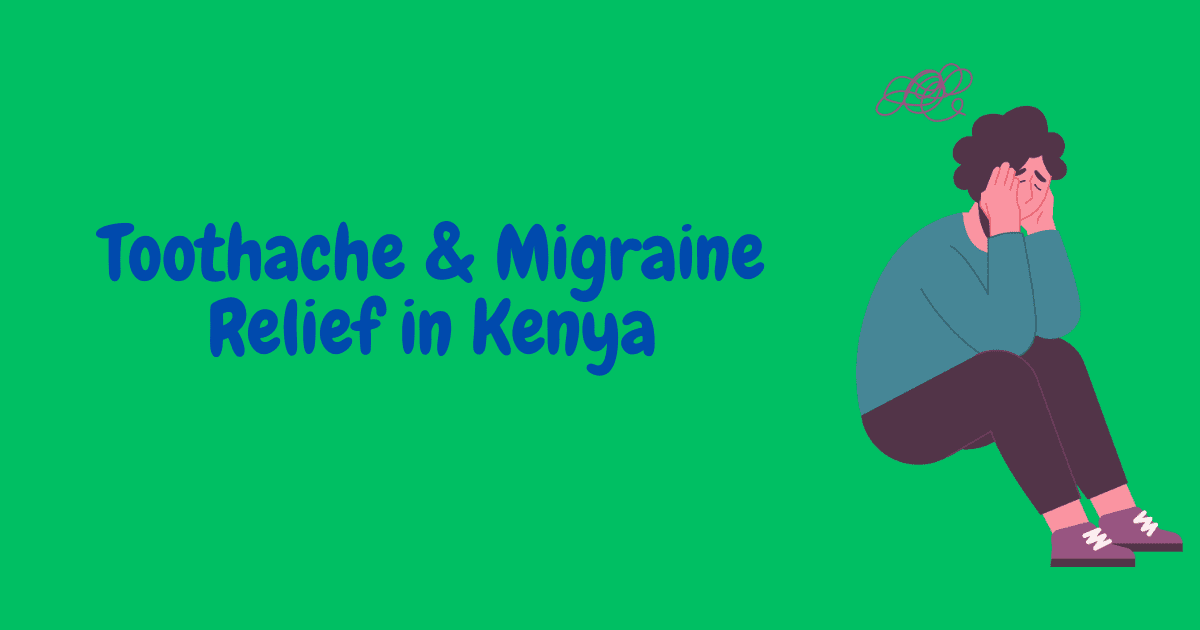
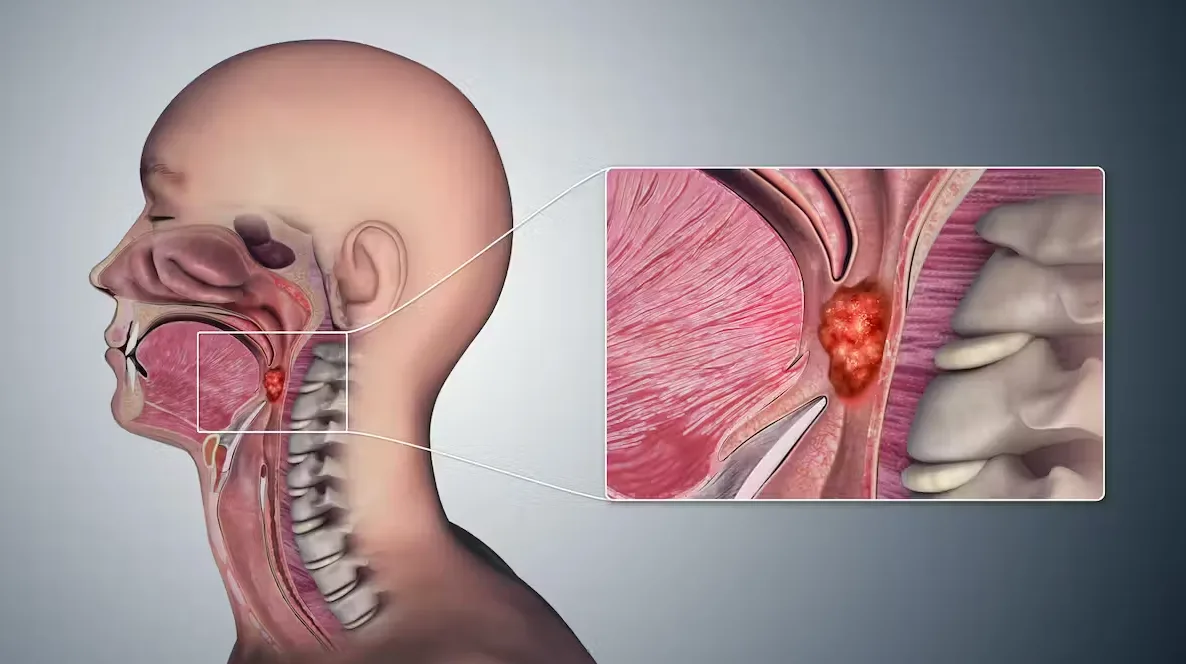


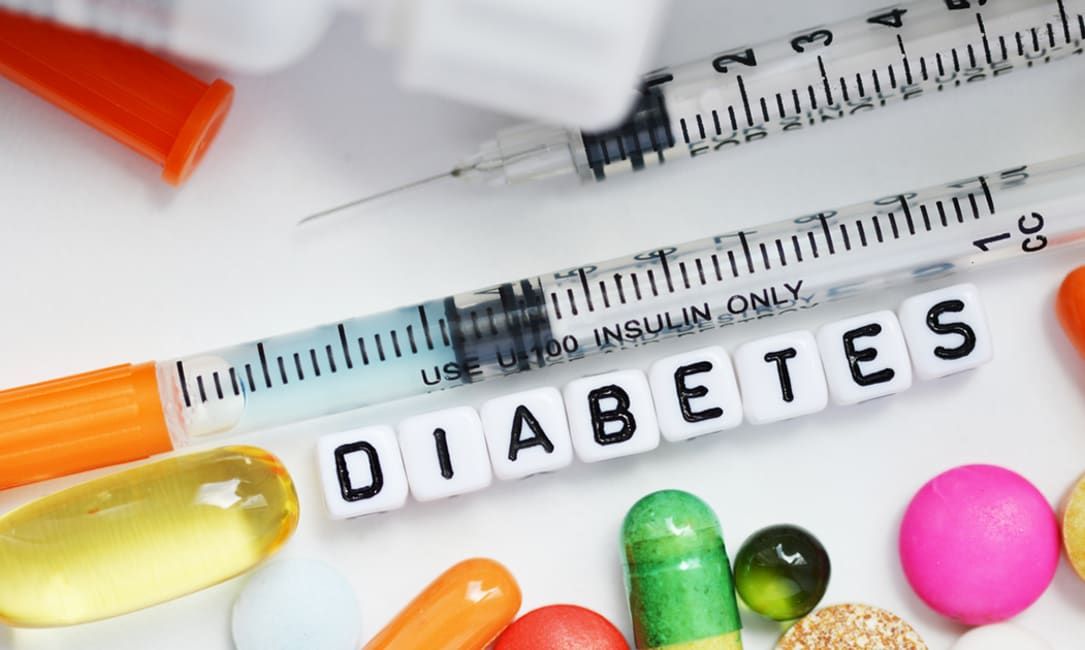



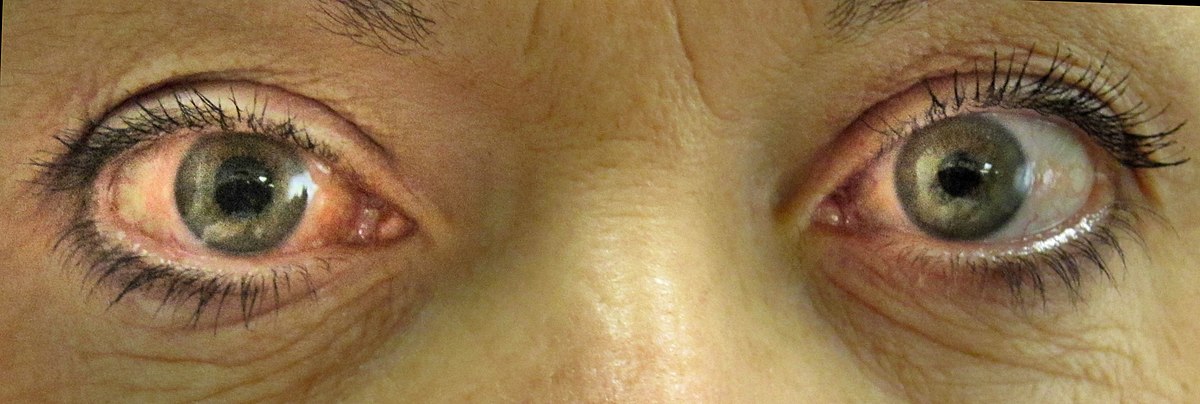

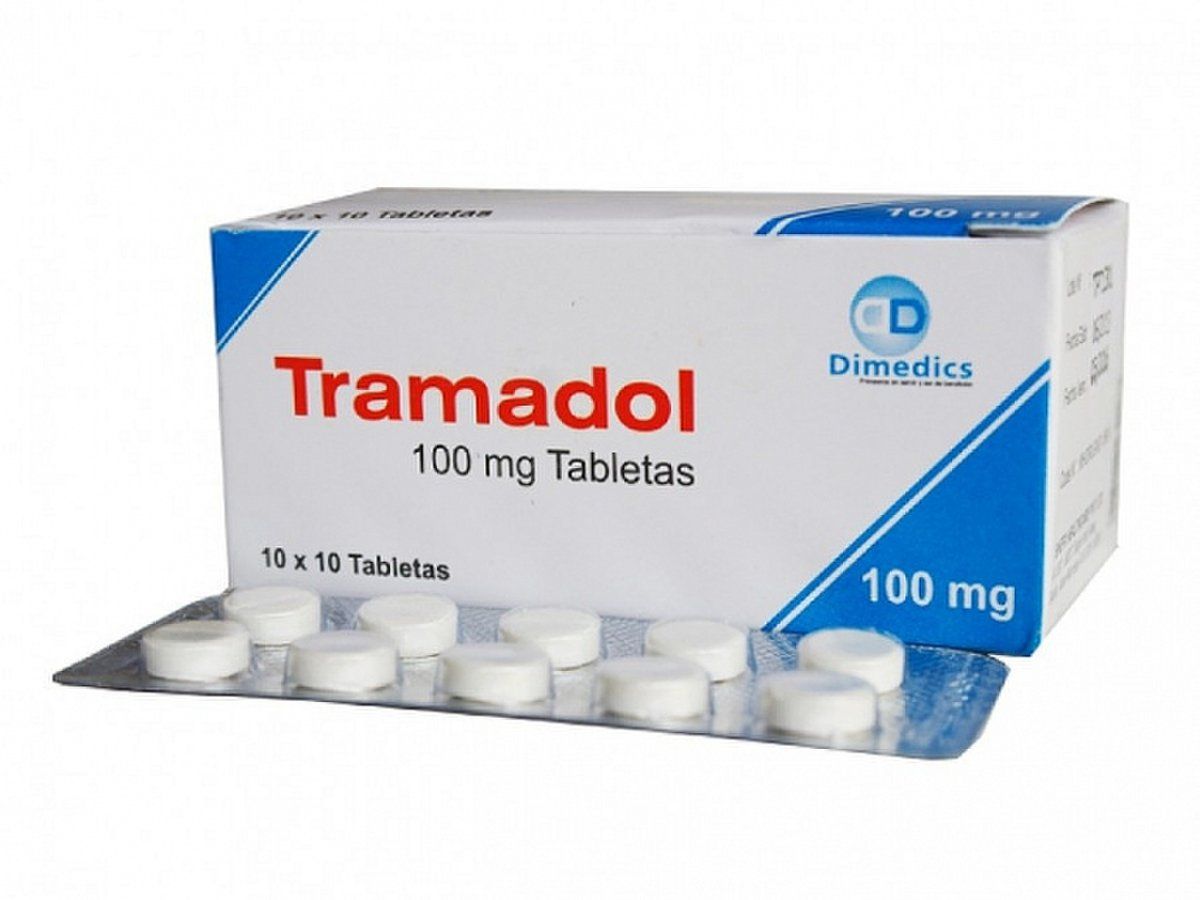

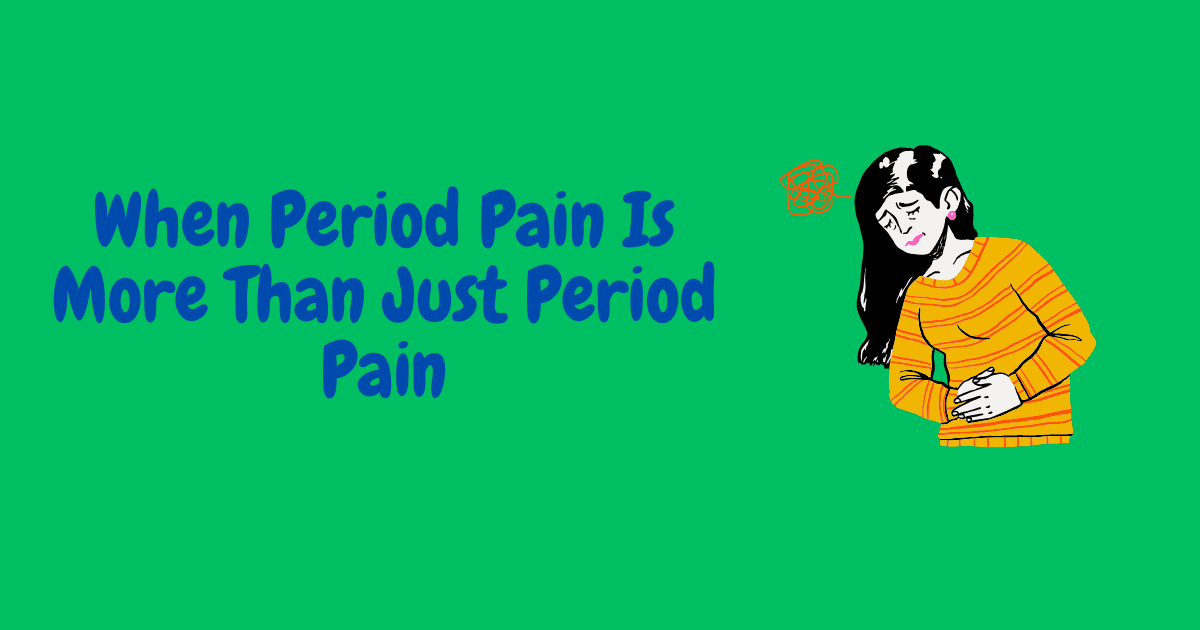
Leave a Reply